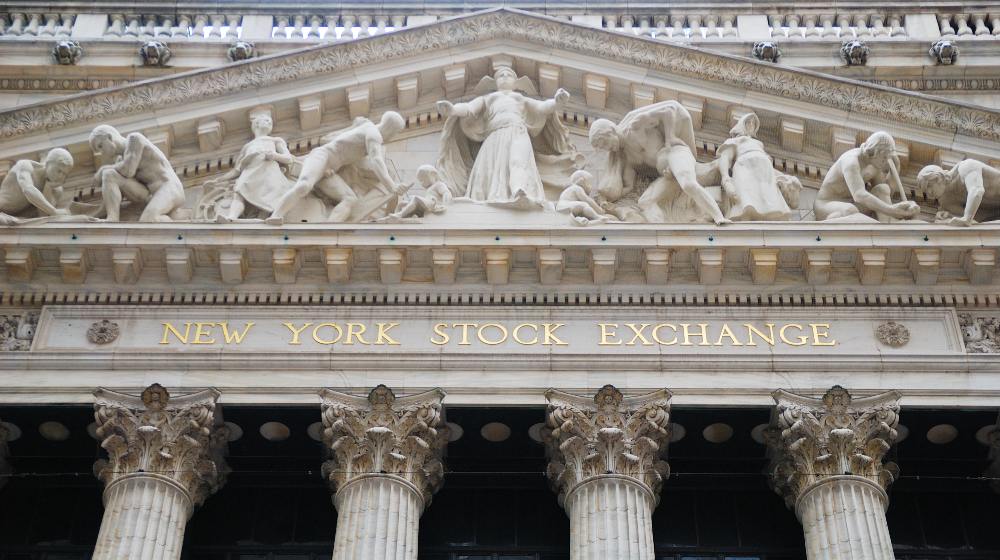Business
U.S. Bank Stocks Experience Rebound, Index Reaches Near 7-Week High

Bank stocks in the United States regained some ground on Tuesday, with one of the leading regional banking indexes reaching its highest level in nearly seven weeks, as investors shrugged off news of tougher capital requirements for banks.
The feeble relief rally comes at a challenging moment for the banking industry, which has been dealing with concerns about deposit flight, increasing interest rates, and commercial real estate risk since March.
The KBW Regional Banking Index (.KRX) rose to its highest level since mid-April. It was up 5.2% last week. The S&P 500 Banks index (.SPXBK) rose 1.7%. In comparison, the benchmark S&P 500 index (.SPX) was up slightly last week.
Wall Street's main indexes gained on Tuesday, powered by a rebound in economically sensitive sectors headed by banks.
Wells Fargo (WFC.N), Goldman Sachs (GS.N), Morgan Stanley (MS.N), Citigroup (C.N), and Bank of America (BAC.N) all increased between 1.6% and 2.8%.
Regional lenders also experienced higher rates, with PacWest Bancorp (PACW.O), Western Alliance (WAL.N), Zions Bancorp (ZION.O), Comerica (CMA.N), Truist Financial (TFC.N) and KeyCorp (KEY.N) rising between 4.4% and 7%.
Short sellers would incur a total of $145.7 million in paper losses as a result of the rises in shares of the six regional lenders on Tuesday, according to data from analytics firm Ortex.
According to a client note by analysts at the Deutsche Bank, “Our baseline does not anticipate a further intensification of banking stresses.”
According to CMEGroup's Fedwatch tool, traders have priced in a nearly 80% possibility that the US central bank would keep interest rates in the 5%-5.25% level.
Yet, the volatility in regional lenders has highlighted persistent investor anxiety about the sector's sustainability, with the KBW Regional Banking index losing 20.6% this year.
According to Reuters, which cited a source familiar with the situation, US banks might face capital increases of up to 20% under new regulations being developed by the country's authorities.
Bank stocks dipped on Monday, with some investors concerned that a rush of Treasury bill issuance following the increase of the US debt ceiling would deplete lenders' liquidity.
Several analysts have cautioned that the influx of new banknotes might deplete bank reserves.
Up Next:



